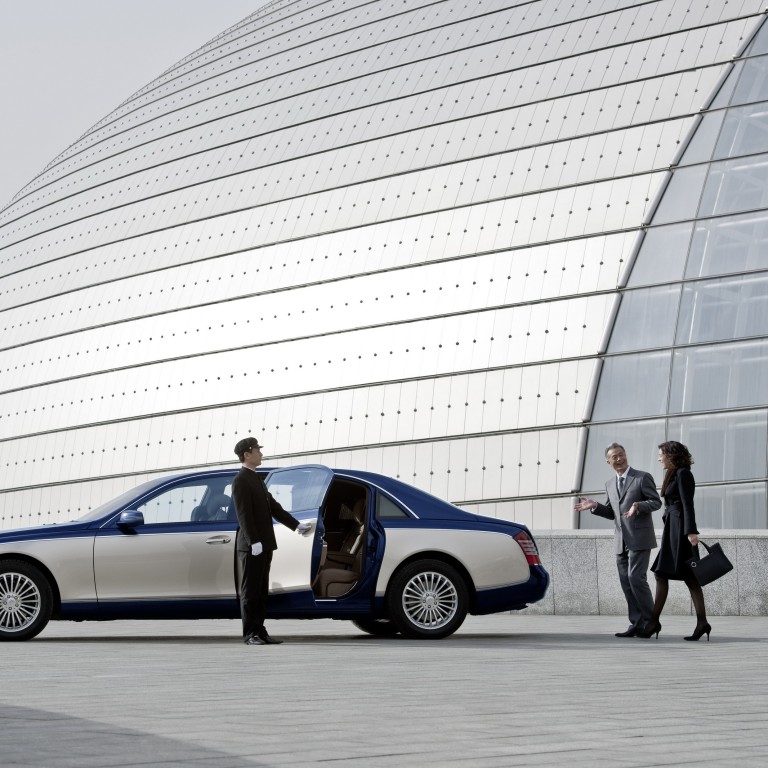
Fewer billionaires in mainland China as ultra-wealthy feel pain of Beijing’s tech, property crackdowns, study says
- From 410 in 2020, there were just 400 billionaires last year in mainland China, a long way off the 975 in the US
- Hong Kong was home to 114 billionaires last year, up 2.7 per cent from 2020, placing it second among cities globally
Though the combined wealth of the Chinese billionaires rose by 11.3 per cent to US$1.45 trillion, this was one of the lowest gains among the top 15 countries in the study.
Beijing’s initiatives to reform its real estate sector, as well as the curbing of large technology firms “weighed on corporate earnings and Chinese equities,” it added.
The crackdown led the likes of Zhang Yiming, ByteDance’s founder, to leave the company’s board after handing over the daily running of the world’s most valuable start-up to his co-founder.
Evergrande chairman Hui Ka-yan was forced to sell pledged shares, estimated to be worth HK$498 million (US$63.5 million), in December to pay a loan. The sale diminished Hui’s stake in the embattled developer from about 62 per cent to 60 per cent.
Hong Kong was home to 114 billionaires last year, up 2.7 per cent from 2020. Their total wealth rose 1.9 per cent to US$287 billion. Among cities, this placed Hong Kong second globally, behind New York’s 138.
Hong Kong had the third-highest density of billionaires, with one for every 59,516 inhabitants. Kuwait led this index with one billionaire for every 33,090 residents, while San Francisco had one for every 56,209 heads of population.
Hong Kong, however, was considered an outlier, along with Brazil, because the combined net worth of the billionaires was considerably lower than other places, the report said.
“Contributory factors were a sharp fall in Brazilian equities and a less favourable political and business climate in Hong Kong, as well as virus-related developments,” Wealth-X said.
Following anti-government protests in 2019, Beijing imposed a sweeping national security law in Hong Kong, a move that led to a host of high-profile businesses such as TikTok pulling out of the city.
“It’s hard to [predict] how the number of billionaires will change year to year, but because density is impacted by largely stable inputs such as general population numbers and demarcation of physical city limits, it’s likely that Hong Kong will remain a city with a high billionaire density, unless its billionaire population changes significantly,” a spokeswoman from Wealth-X said.
Owing to the slower growth of the billionaire populations in China and Hong Kong, Europe slightly increased its lead over third-ranked Asia. Among all the regions, it experienced the strongest growth, up 6.8 per cent.


